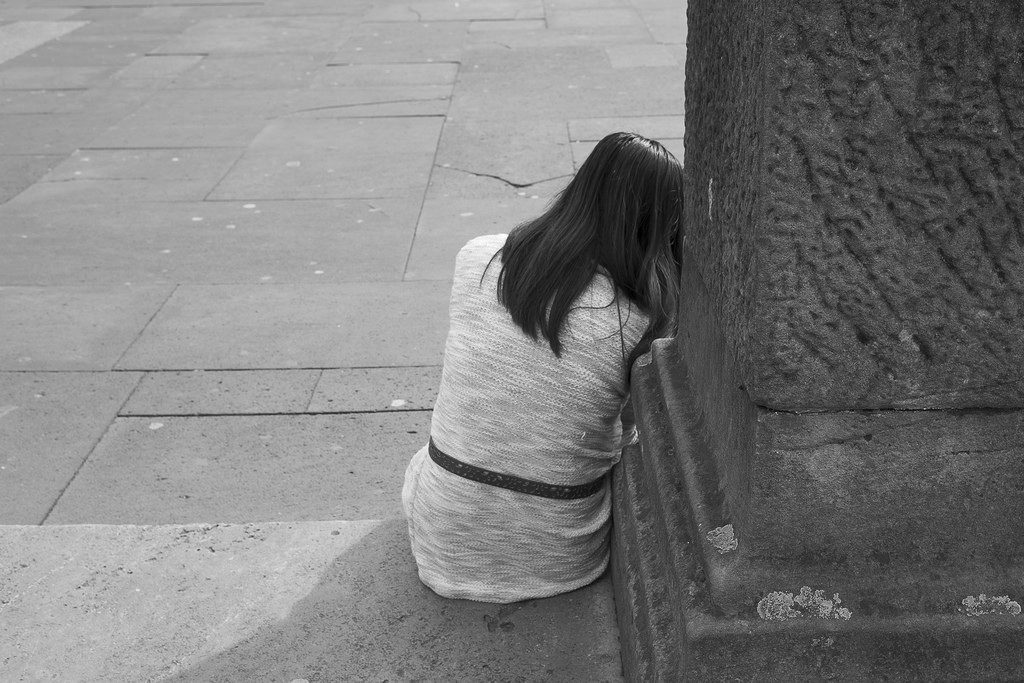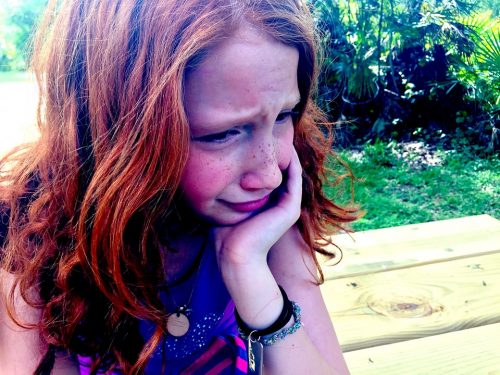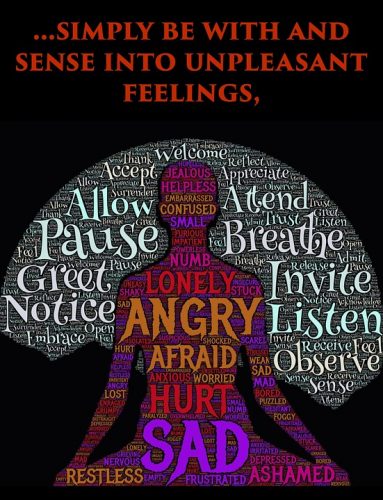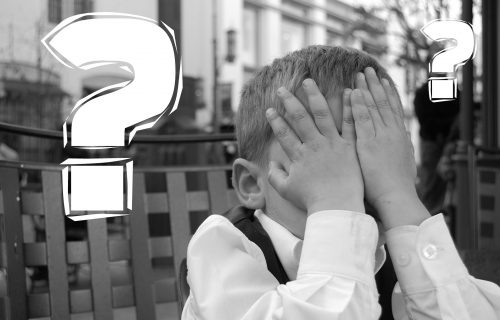Depression disorder differs from any sadness that comes from disappointment or sorrow. The word ‘disorder’ means an abnormal physical or mental condition. A person suffering from depression tends to have a more extended state of sadness than usual. The individual’s brain chemistry is complicated, and he suffers from sleep disturbances or trouble sleeping, use of recreational drugs, alcohol abuse, physical illness, and loss of interest or pleasure.


In some instances, a person experiencing depression can also suffer from weight loss, eating disorders, low self-esteem, feelings of worthlessness, negative personality traits, and recurrent thoughts that are negative.
Major depression illness is when it comes to a point where this mental health condition disrupts normal daily activities because of its symptoms, such as the inability to focus, insomnia, lack of appetite, and complete loss of interest in anything. Some of these specific conditions are bipolar disorder, unipolar depression, and other psychological factors.
According to a national institute expert, someone in a depressed mood feels that everything seems terrible and irritating.
What Causes Depressive Disorder?
Things about depression:
It can come from different causes, such as chemical imbalances in the brain chemicals and even genetics or family history. However, diagnosed depression or mood problem is most often triggered by traumatic events such as personal failure, abuse, and losing a loved one.
“Your risk of depression may be related to a combination of genetic, physical, psychological, and environmental factors,” said Ben Martin, Psy.D.
Just because someone is suffering from this condition doesn’t mean they are weak or unwilling to solve their issues. The illness in their mental state causes severe overall dysfunction that somehow makes them troubled and unready to face particular problems in life events.
They have this feeling of emptiness and sorrow that they cannot quickly overcome, making them vulnerable to their environment’s negativity. If you want to know more information about this issue, visit BetterHelp.com.
What Are The Symptoms of This Illness?
Many of you may probably think about yourself if perhaps you fall into this kind of illness, too. The symptoms of depression condition are similar to an ordinary emotional and mental experience. However, there are alarming symptoms of depression that can somehow identify these mental problems.


Symptoms And Alarming Signs That Identifies A Depressive Condition
- The prolonged feelings of discouragement, sadness, and despair
- Complete loss of interest in activities or hobbies that you usually like
- Unexplained feelings of restlessness and anxiousness
- Lack of motivation and focus
- Quickly decreased energy and sudden experience of fatigue
- Sudden loss of appetite or indulging in overeating
- Inability to make decisions
- Too many disappointments in oneself
- Inability to sleep (insomnia) or excessive sleeping
- Suicidal thoughts or suicide attempts
What Can You Do To Assess Your Overall Mental Condition?
You may be at risk of having clinical depression if you have experienced these depressive symptoms almost every day. In most cases, emotional and physical problems can continue for about weeks up to a month. You will soon have difficulty concentrating and experience weight gain, panic, and other serious illnesses. If that happens, visit the nearest hospital emergency room, look for a professional, and search for an effective follow-up treatment.
However, since most depression symptoms can be classified as normal, you should consider consulting a psychiatrist before diagnosing yourself with this mental illness. After conducting a detailed analysis and disease control, they can offer you a personal opinion.
Mental illnesses are comparable to physical illnesses, such as heart disease, thyroid, and chronic pain problems, and require specific consultation and accurate diagnosis. People who experience depression, especially older adults, should know what’s causing depression so they won’t get caught up with their mood stability problems.


When To Seek Help For Your Condition
Seeing a psychologist or psychiatrist is not a bad thing. Honestly, you shouldn’t be ashamed of it. Those who seek help from mental health professionals for initial treatment are not insane. Contact their local emergency number immediately. They only have complex issues that they can’t somehow resolve because they have no one to confide in.
You must understand that to get help. You must first accept that you need major depressive disorder episode assistance so that recovery can benefit your emotional and mental health. Seek treatment options immediately to understand your medical condition better and prevent depression.
According to Jerrold Pollak, Ph.D., “It can be difficult to reliably identify clients who have a medical (nonpsychiatric) contribution to their mental health complaints/symptoms because primary psychiatric problems and medical conditions can co-occur and sometimes involve overlapping symptomatology.”
Proper Guidance And Counseling
Proper guidance and counseling or cognitive behavioral therapy from people willing to support them can change everything. It will be their helping hand to work on the things they are struggling with so they can return to their regular lives despite dealing with mental problems.
“Long-term, combined treatment (psychotherapy and medication management) is typically recommended for people with co-occurring anxiety and depression.” Katie Hurley, LCSW, says
As for the treatment, first, learn more about the psychotic depression risk factors of mental health conditions.
Learn more about the condition from the American Psychiatric Association Diagnostic and Statistical Manual, which provides comprehensive information on various mental health disorders and their side effects. Understand the statistical manual of mental problems. Learn about selective serotonin reuptake inhibitors, monoamine oxidase inhibitors, antidepressants, and other medications.
If a persistent feeling of this illness symptoms occurs, and you want to know where to find a mental health professional to help, try searching on this Facebook page. It would also help to call the crisis lifeline or suicide hotline for immediate assistance.
Frequently Asked Questions
What Is A Depressive Condition?
A depressive condition, often called depression, is a mental health disorder characterized by persistent sadness, hopelessness, and a lack of interest or pleasure in activities. It can affect a person’s thoughts, emotions, and physical well-being.
What Are The 3 Main Symptoms Of Mental Breakdown?
The three main symptoms of a mental breakdown include severe emotional distress, an inability to function daily, and a loss of touch with reality or one’s sense of self.
What Are Its 7 Forms?
Mental breakdowns can manifest in various forms, including severe anxiety or panic attacks, dissociative episodes, psychotic episodes, mood disorders, eating disorders, substance abuse, and post-traumatic stress disorder (PTSD).
What Is Its Most Common Form?
The most common form of mental breakdown often involves severe anxiety or panic attacks, where individuals experience overwhelming fear, physical symptoms, and a sense of impending doom.
Who Is Most Likely To Suffer From A Condition Called Major Depression?
Major depression can affect people of all ages, backgrounds, and genders. However, it is more common in individuals who have a family history of depression, have experienced trauma or significant life stressors, or have certain biological factors that contribute to the condition.
What Are The 5 Levels Of Mental Breakdown?
There isn’t a standardized classification of mental breakdowns into specific levels. Mental health conditions vary widely in their severity and presentation, and they are typically diagnosed and treated based on individual symptoms and their impact on a person’s life.
What Is The Final Stage Of Mental Breakdown?
The concept of a “final stage” of a mental breakdown is not widely recognized in the field of mental health. Mental health conditions are complex and can have varying outcomes, with treatment and support playing a crucial role in recovery.
What Is The Largest Cause Of Mental Breakdown?
The causes of mental breakdowns are multifaceted and can be attributed to genetic, environmental, and psychological factors. Common triggers include chronic stress, trauma, substance abuse, and untreated mental health conditions.
What Is The Number One Cause For Mental Breakdown?
There isn’t a single “number one cause” for mental breakdowns resulting from a combination of factors. However, chronic stress, unresolved trauma, and untreated mental health conditions are often significant contributors.
Is Mental Breakdown Genetic Or Learned?
Mental breakdowns can have a genetic component, as some individuals may be predisposed to certain mental health conditions. However, environmental factors and life experiences also play a crucial role in developing these conditions.
Is Mental Breakdown The Same As Depression?
Mental breakdown and depression are related but not the same. A mental breakdown can encompass various mental health issues, including depression. Depression is a persistent low mood and loss of interest or pleasure in daily activities.
Is Major Depression Permanent?
Major depression is typically not permanent. With proper treatment, which may include therapy, medication, lifestyle changes, and support, many individuals can experience significant improvement in their depressive symptoms and go on to lead fulfilling lives. In some cases, more intensive treatments like electroconvulsive therapy ECT may also be considered for severe or treatment-resistant depression.
Do You Ever Go Back To Normal After Mental Breakdown?
Recovery after a mental breakdown is possible. With appropriate treatment and support, individuals can regain their mental and emotional well-being, although their “normal” may differ from before the breakdown.
Can People With Mental Breakdowns Live Long?
People with mental breakdowns can live long, fulfilling lives with the right treatment and support. Mental health conditions are manageable, and recovery is possible for many individuals.
What Happens If Mental Breakdown Is Not Treated?
If a mental breakdown is not treated, it can lead to worsening symptoms, reduced quality of life, and increased risk of self-harm or suicidal thoughts. Seeking timely help and support is crucial for managing mental health challenges.




















